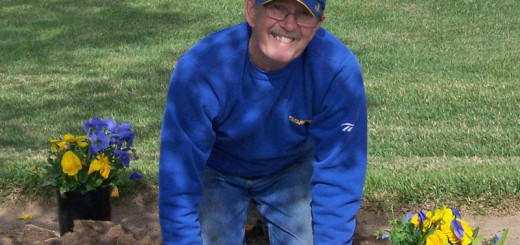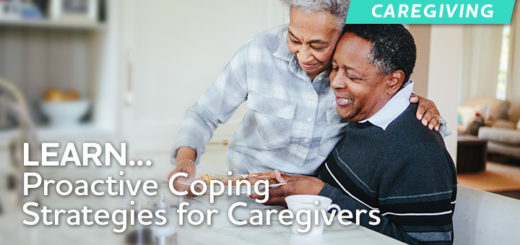Find training, help and support at an Alzheimer’s Association family caregiver conference
 It takes time, patience and love to be a successful caregiver. And sometimes caregivers don’t feel like they have much of these in reserves. But there are resources to help caregivers rejuvenate.
It takes time, patience and love to be a successful caregiver. And sometimes caregivers don’t feel like they have much of these in reserves. But there are resources to help caregivers rejuvenate.
The Alzheimer’s Association is a great resource for ongoing help and support. We offer our 24/7 Helpline at 800.272.3900, run 100+ support groups throughout Northern California and Northern Nevada and we also offer educational classes to the community.
Caregivers looking for an in-depth full day of training can attend one of our education conferences, which are offered annually throughout our chapter. The next conference, Circle of Care on October 27 in Foster City, Calif., will feature a fantastic list of speakers and topics. Everyone will benefit from a research update from Yaisa Andrews-Zwilling, Ph.D., a scientist at the Gladstone Institutes, in addition to a talk on finding hope and humor in caregiving from “caregiver survivalist” Elaine Sanchez.
Between those opening and closing talks, attendees can choose to attend two additional talks on creating person-centered care, mindfulness-based dementia care, coping with caregiver emotions, compassionate decision making or music as therapy. All sessions are geared towards increasing caregivers’ capacity to provide good care loved ones with Alzheimer’s disease or related dementia. To register or view the conference brochure, click here:
http://www.alz.org/norcal/in_my_community_professionals.asp#conferences
To see all our education and support group opportunities, please see our website: www.alz.org/norcal


















As a graduate stduent of social work and aging studies at Virginia Commonwealth University, I applaud these recommendations and would like to offer a couple of comments.In a 9/8/2010 article in the Washington Post, reporter Kevin Sieff writes, Deerfield, Virginia’s only geriatric prison, is where the state’s inmates are sent to grow old. Since the General Assembly abolished parole for the newly convicted in 1995, the number of elderly inmates in custody has soared. In 1990, there were 900 inmates over the age of 50. Now there are more than 5,000. Deerfield Correctional, which once housed 400 inmates, has become a 1,000-bed facility with a long waiting list. Because aging in prison is an issue affecting the State of VA, and aging is the primary risk factor for Alzheimer’s Disease, I would love to see Correctional Facilities woven into these recommendations. Moreover, this is warranted because prisoners comprise a population with unique needs. (For example, is it ethical to require an elderly person with dementia to complete his/her lengthy/life sentence when he/she can no longer remember the crime or how they ended up where they are?)Here are places where recommendations could be added:Under Goal II:A, Collect and monitor data related to dementia’s impact on the people of the Commonwealth , I would love to see under #2 something to the effect of, The prevalence of dementia-related diseases among incarcerated populations and/or The availability of dementia-specific services in correctional facilities. This would help policymakers and public health services get a handle on the scope of the issue. From there, perhaps better legislation or provision of services would follow.Under Goal III:B, Provide dementia-specific training to professional law enforcement, financial services personnel, and the legal profession, I would add under #1, Develop, collect and implement dementia-specific training for Department of Corrections personnel. Lastly, unrelated to aging in prison, under Goal V:C, Promote research participation in Virginia, I would love to see something that recommends collaboration with state universities’ gerontology or aging departments (for example, the VCU Department of Gerontology) which encourages and promotes research amongst graduate- and doctoral-level researchers . I see that Goal 2b speaks to serving as a resource for university IRBs but is there anything else that can be done in partnerships with universities to promote research?Thank you for considering my comments.~Fran Quintana